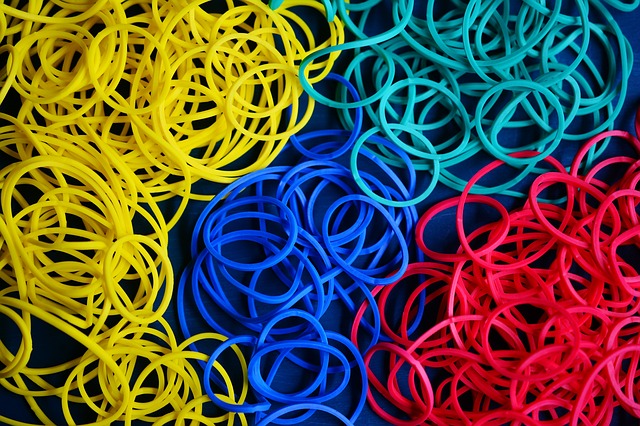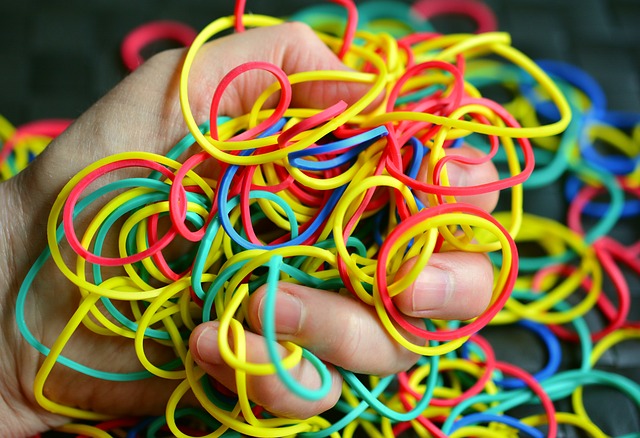Our response to the 2016 Referendum outcome

Were you wearing an English rose on your lapel or a black armband on your arm? Ever since the referendum in 2016, once both sides got over the shock, we have been looking for someone to blame – people voted the wrong way, people voted the right way, people told lies, people didn’t really understand what they were voting for. Notice I said ‘we’. Finally, something ex-Prime Minister, David Cameron said we can all agree on: we most definitely ‘are all in this together’.
Attacking others for the decisions they made that you don’t agree with – confronting someone and abusing them whether it’s through X (Twitter) or face-to -face has never been, and never will be the answer. Above all, it’s not how we’re going to find a way forward as a country.
The referendum was a brief introduction to Politics 101. If it has made us pay more attention to the democratic processes both locally and nationally that affect how we live our lives; if it means we pay more attention to the politicians who speak to us and claim to speak for us; if it makes us become more questioning and more engaged with politics and the kind of society we want to live in – then for me, whatever the outcome, it was a success. It has raised our collective consciousness and engaged some people in politics for the first time.
If nothing else, the referendum has made us engaged, and questioning citizens. For some, the decision was a costly mistake, but for us optimists, there’s recognition that if we want to make a better society, one that provides opportunities for everyone, then the only way we can do that is together.

